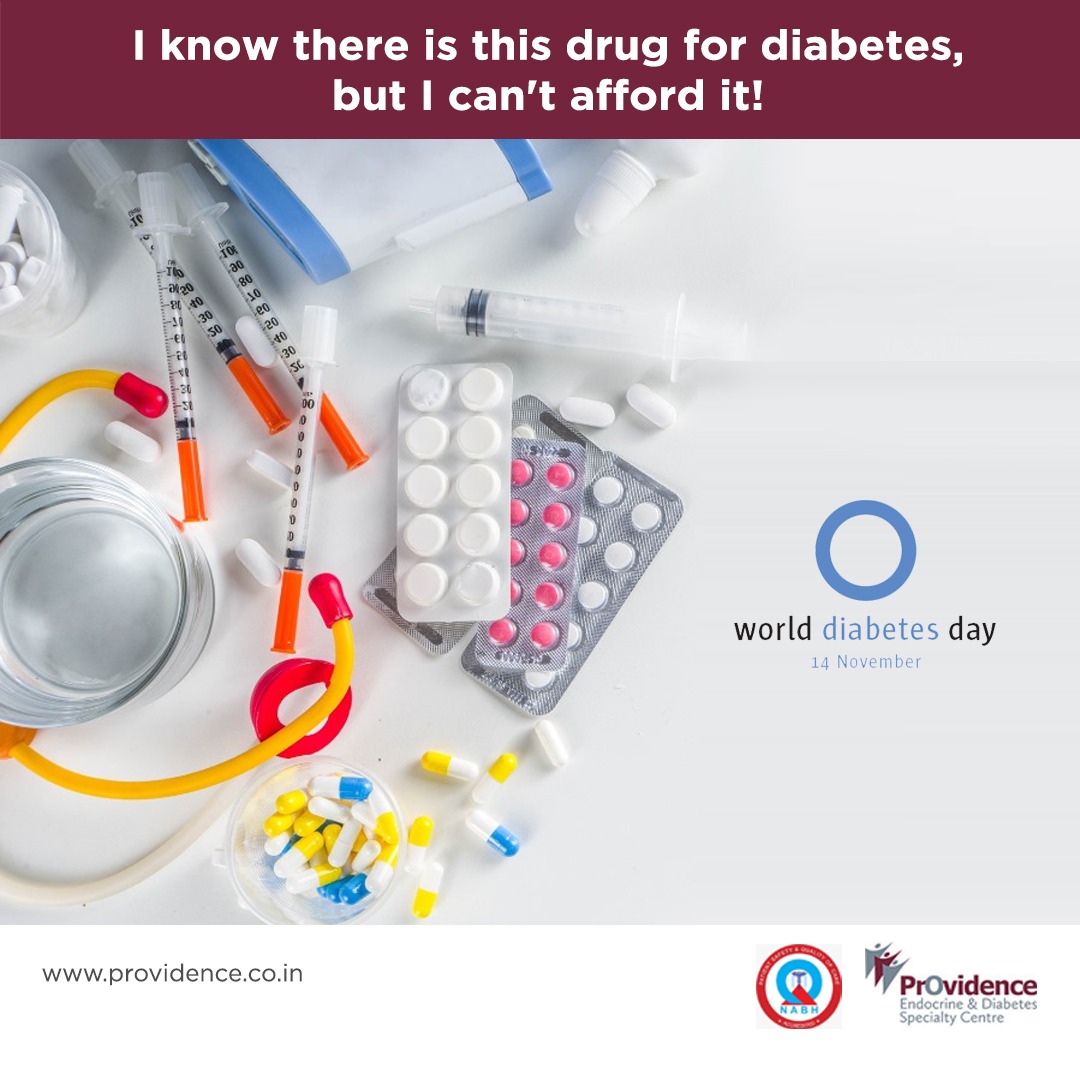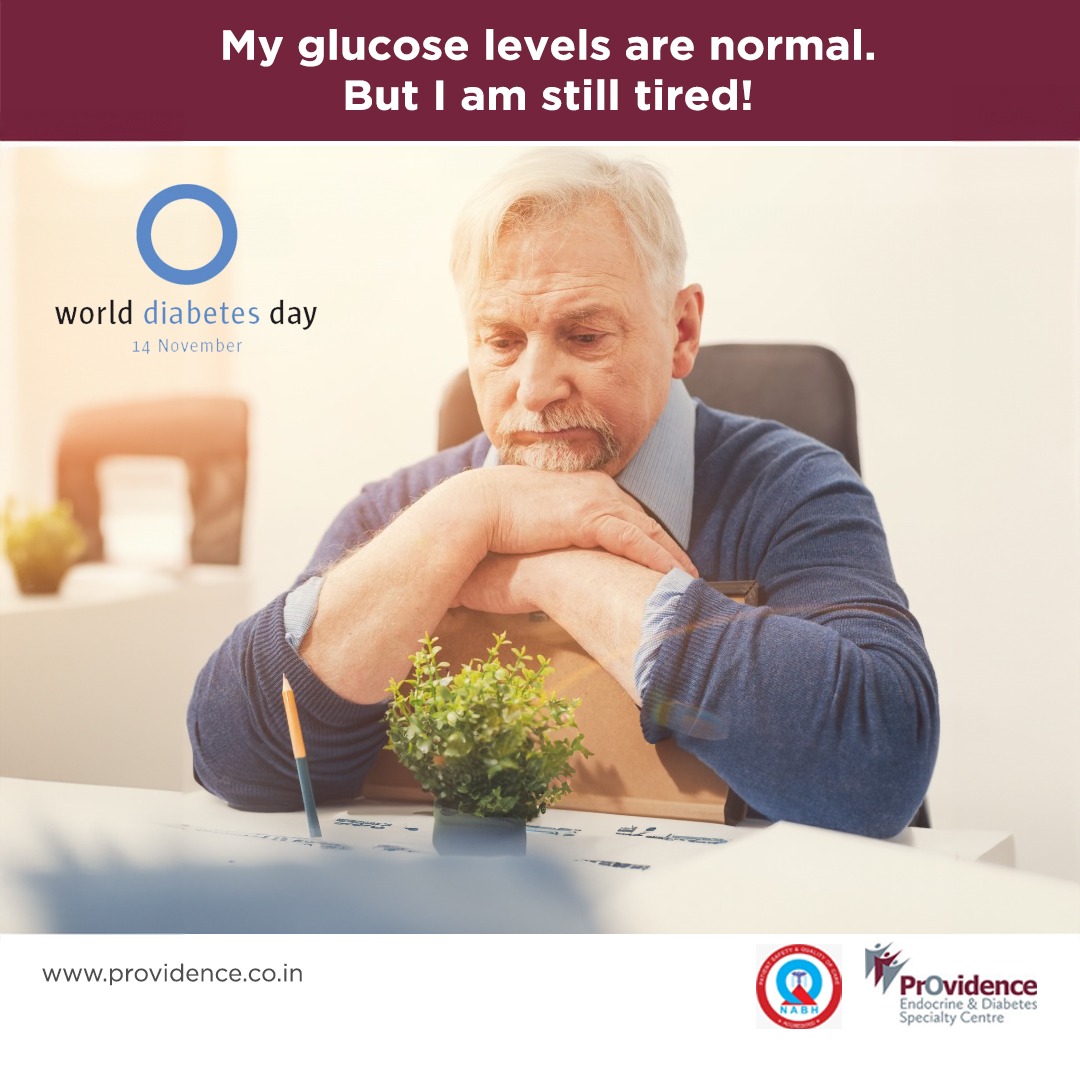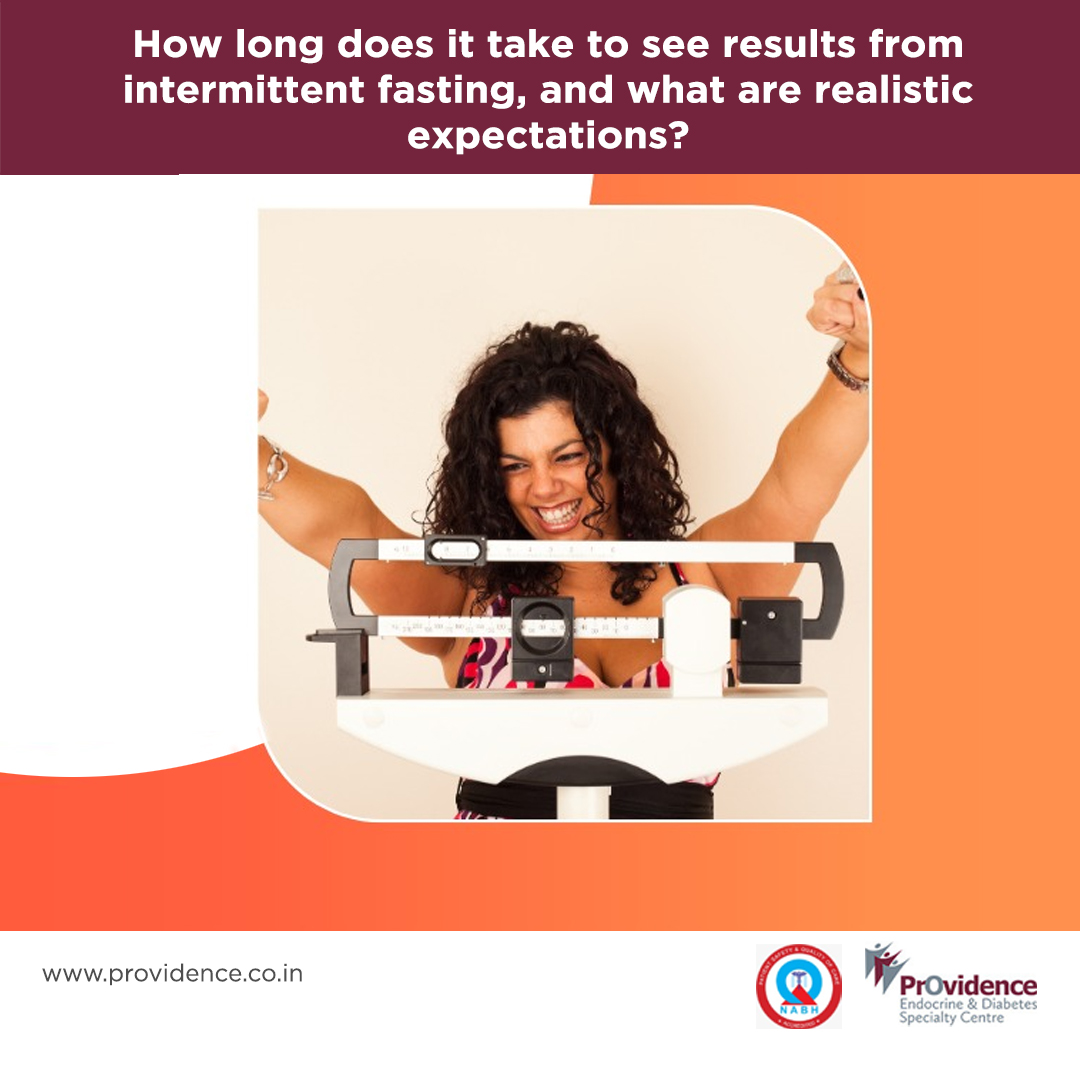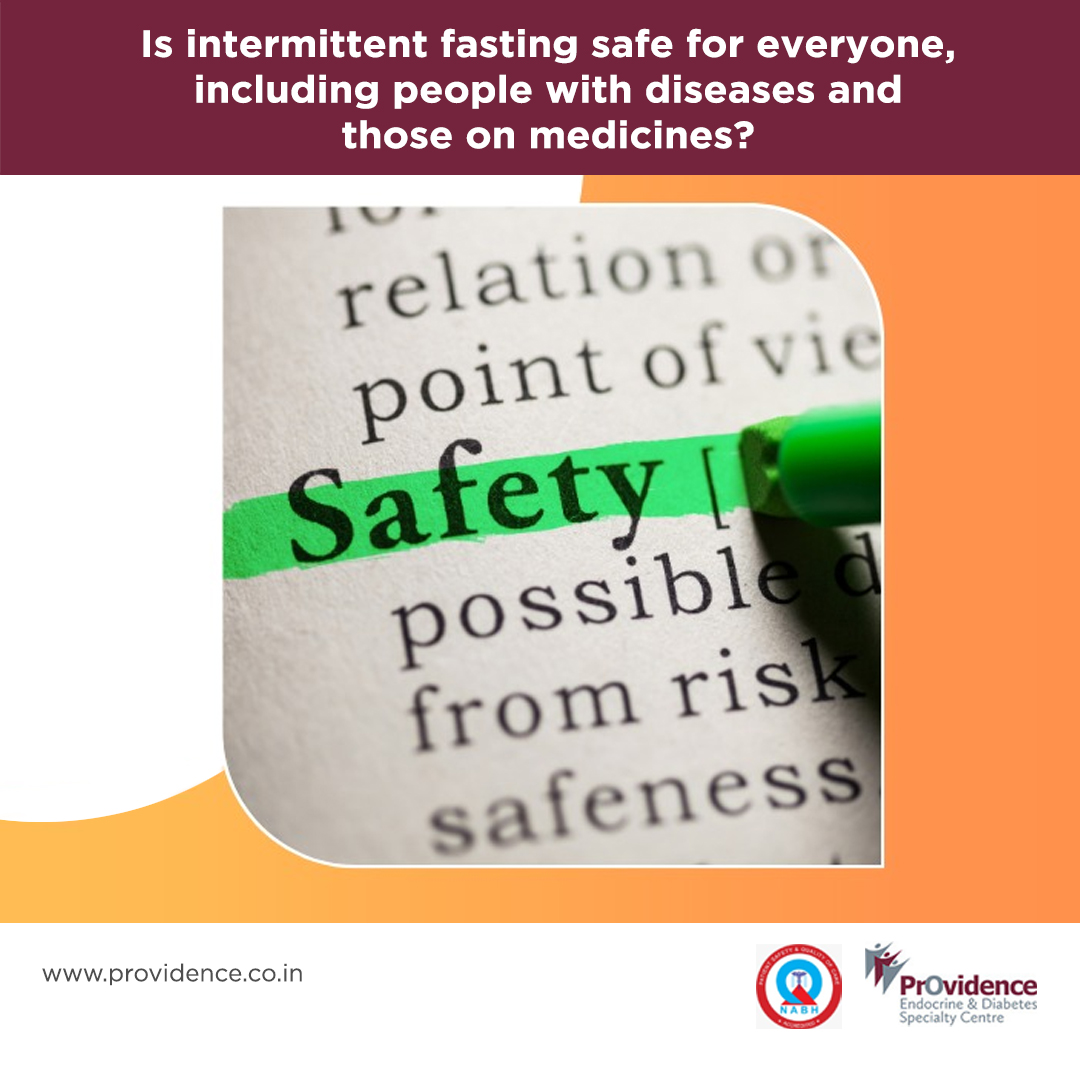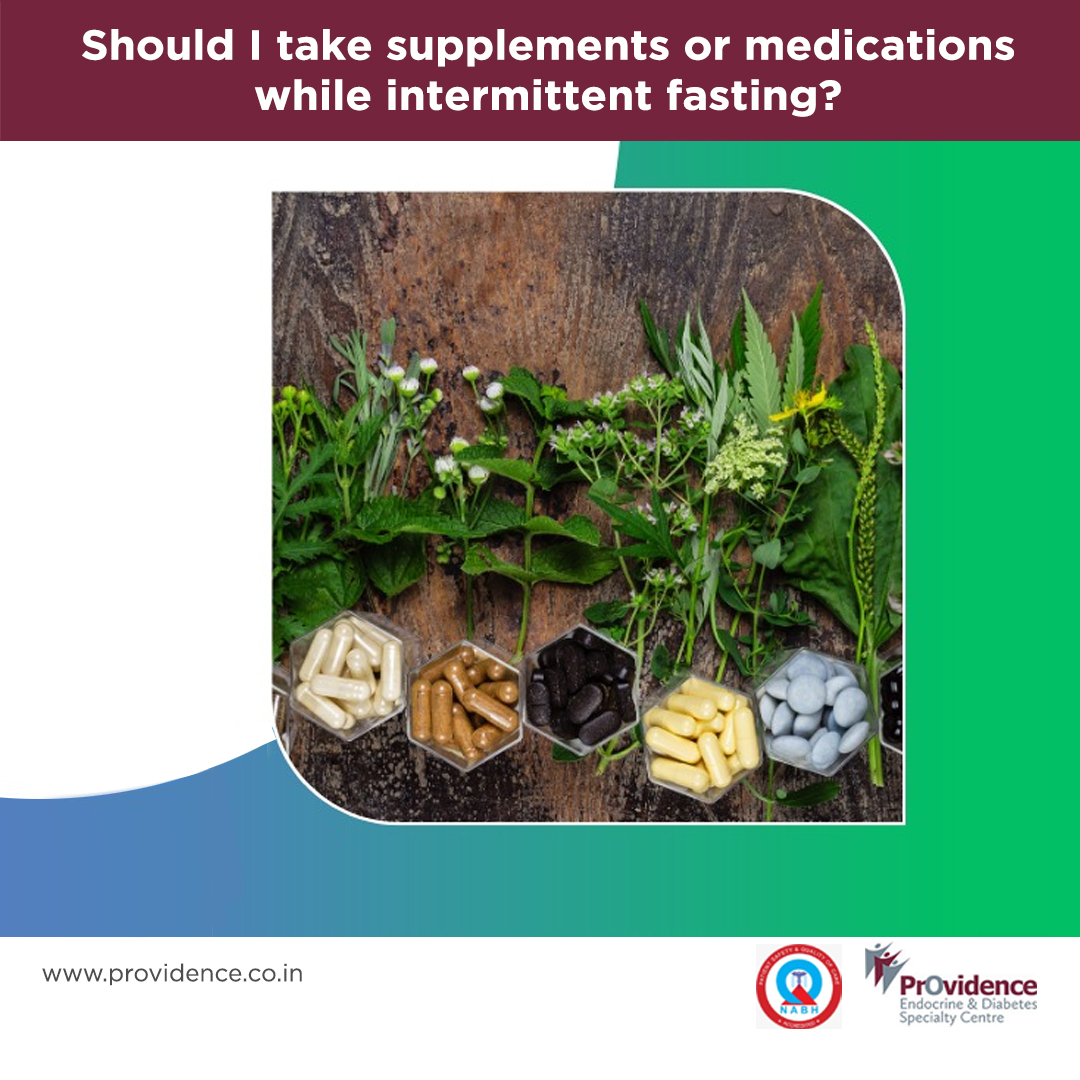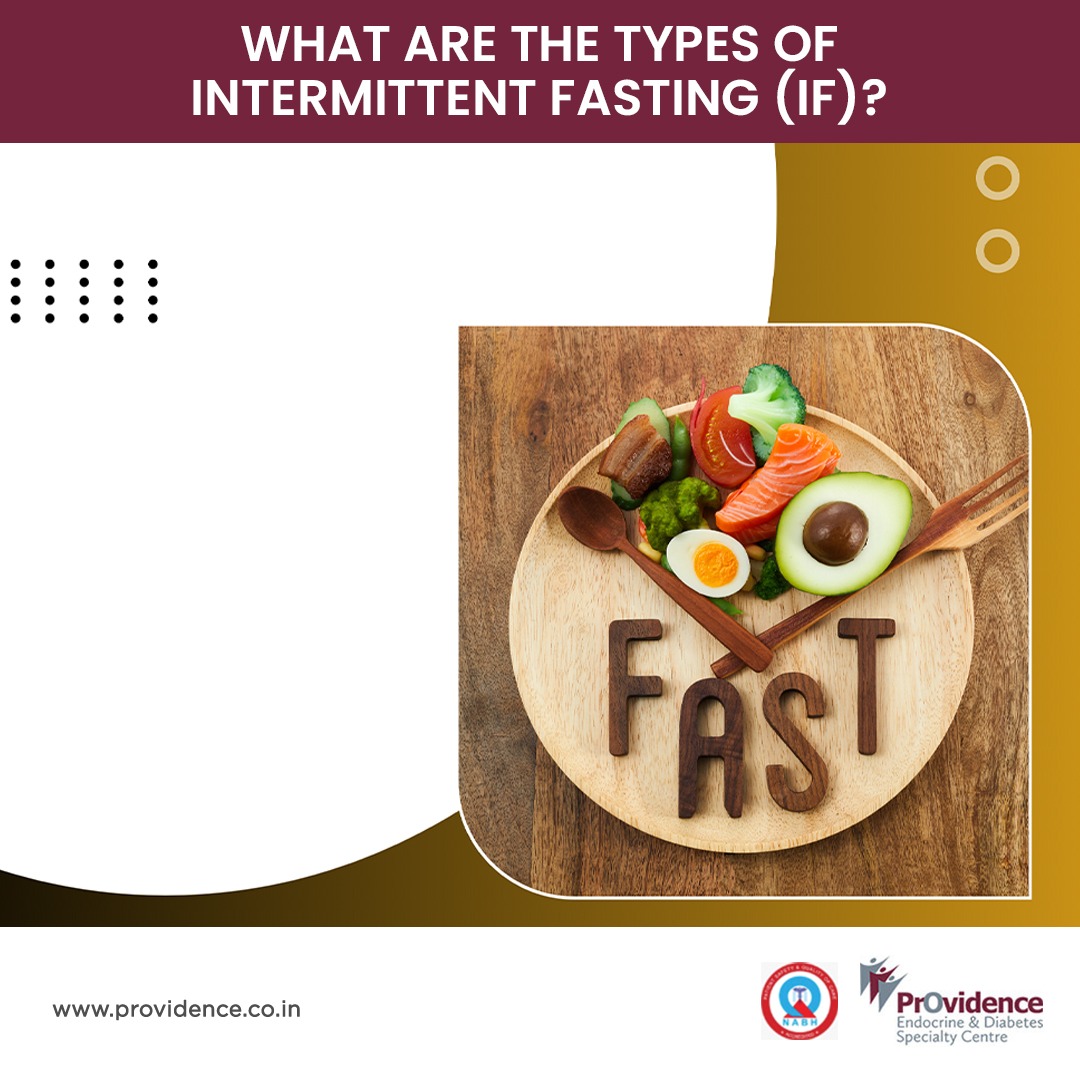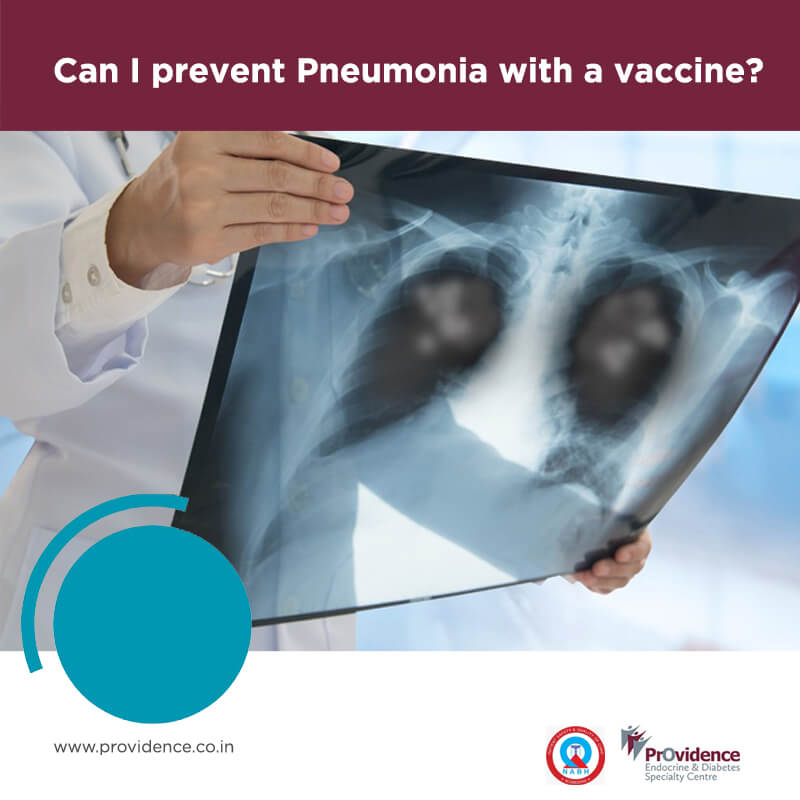It is well-known that diabetes is a chronic disease with recurring expenditure. If diabetes remains uncontrolled, it can lead to several complications which affect major organs, including heart attacks, stroke, kidney failure, blindness, and amputations. These may lead to significant financial burden and stress for the individual and family. Hence, it will be wise to take proper medical advice and medicines to reduce the risk of complications.
Diabetes management starts early in the course of the disease with a focus on weight, blood glucose, blood pressure, and cholesterol management, which is found to reduce the risk of complications. Certain drugs like SGLT2 inhibitors and GLP-1 RA have been found to reduce weight, heart disease, and kidney diseases. However, some of these are expensive, and some are not available in India. Further, you must also be aware that there are spurious (fake) drugs available in the market which are very cheap. So, what can we do?
1. Understand that intensive glucose control, weight management, blood pressure and LDL management can reduce complications.
2. Lifestyle management like healthy eating and regular exercise
3. Avoid alcohol and tobacco use
4. Talk to your doctor that the cost is a concern for your treatment
5. Use good quality medicines (may not always be the cheapest!)
6. Monitor your parameters by screening for complications as per the doctor’s guidance.
7. Consider the use of medicines that reduce complications: SGLT2 inhibitors, GLP-1RA and Finerenone (for kidney protection)
8. Discuss with your doctor regarding the availability of quality generics and biosimilars (biologic molecules very similar to innovator molecules)
9. Weigh out the benefits of medicine, long-term costs and the potential improvements in your quality of life.
10. Consider purchasing insurance which can take care of you during your illness.
So, rather than worrying about that “one drug”, think about what is practical and effective in managing diabetes.
Dr. Deepa G Dr. Deepa G, MHSc (Diab), Dip (Diab)



